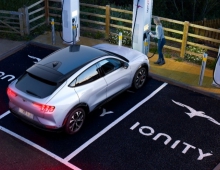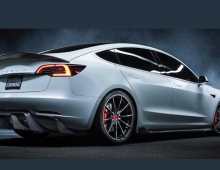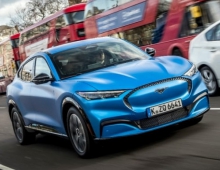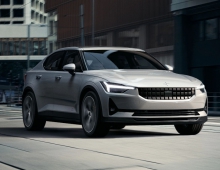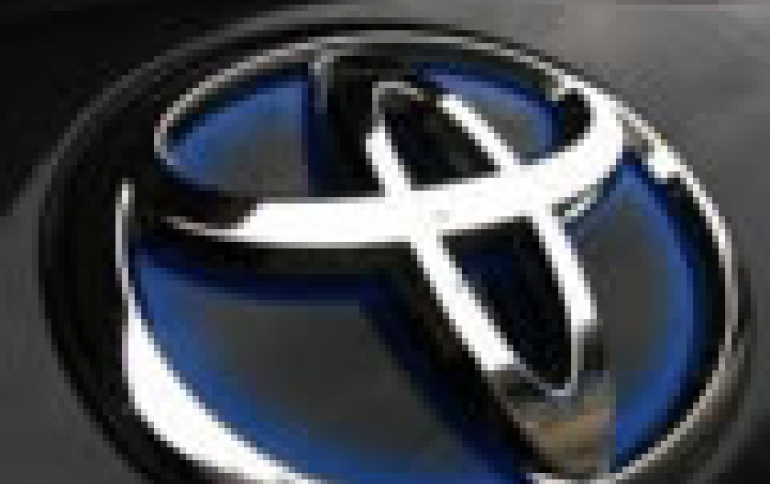
Toyota Claims New Ion Technology Could Lead To Significantly More Powerful Car Batteries
Toyota Motor plans to develop a more advanced electric-car battery that will allow the Japanese automaker to build vehicles with up to 15 percent greater range and battery life than they have currently.
Toyota engineer Hisao Yamashige explained to reporters Thursday at the Japanese automaker's Tokyo office the complex method for tracking the lithium ions, which are tiny particles in lithium-ion batteries.
Using techniques developed in collaboration with a Japanese publicly-financed laboratory and four universities in Japan, Toyota engineers were able to better see in "real time" how lithium ions moved inside electrodes, Yamashige said.
This should lead to new designs that prevent lithium ions from moving unevenly and bunching up in the electrodes, something that currently limits battery life and vehicle range and can be a factor in causing overheating.
Toyota's new technology will allow the company to test out various materials and battery structures, and an improved electric vehicle is being planned for the commercial market within the next "several years," said Yoshinori Suga, a department manager.
Increasing cruise range is the biggest challenge for electric vehicles, especially because powering stations aren't as common as gas stations.
Toyota, which makes the Prius hybrid, has no pure electric vehicles in its lineup since production of its electric iQ subcompact and other earlier models were discontinued after selling in only small numbers.
However, all the world's automakers are working on electric vehicles. Nissan Motor leads with its Leaf, which boasts a range of about 160 kilometers on a single charge.


